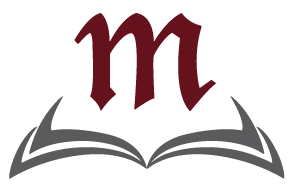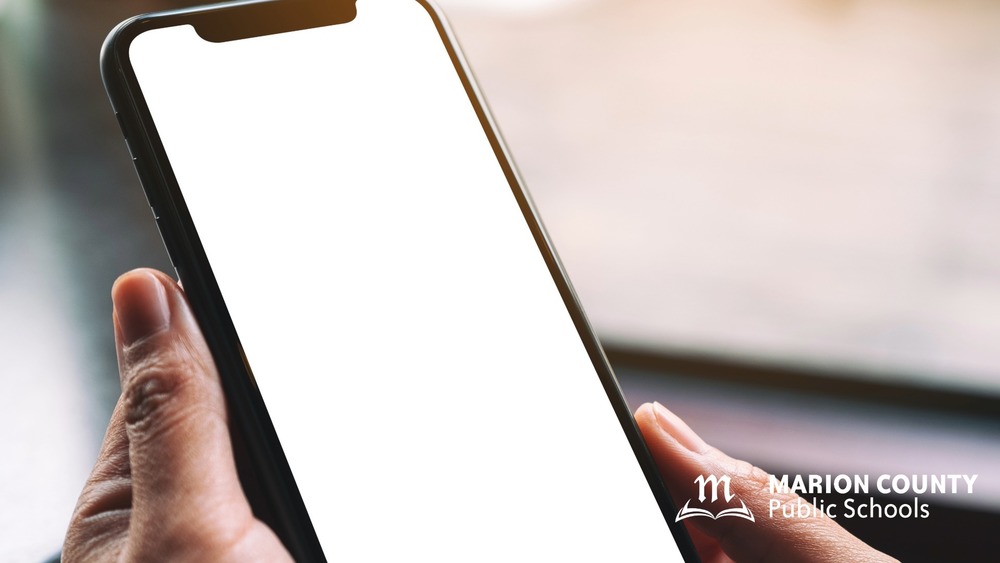This year, school districts across the state are adjusting to new legislation regarding electronic communication with students. Stemming from Senate Bill (SB) 181, local boards of education are required to designate specific programs for employees and volunteers to use when communicating electronically with students. These programs must be traceable, meaning the school district can provide the communications if requested by a parent.
The new law does not affect electronic communication with parents, and there are exceptions for situations where an employee or volunteer is communicating with a student who is a family member.
Also, parents can complete a consent form that would allow an employee or volunteer to communicate with their children outside of the designated programs. That consent form is available at each school. This could be especially useful for school employees or volunteers whose responsibilities outside of the school system might require them to communicate with students.
So far, the MCPS Board of Education has approved several different programs for electronic communication with students, and it’s likely additional programs will be approved as needed. Here’s a look at each, with a brief description of how they might be used.
SportsYou
SportsYou is the program that will likely be the choice of most teams and clubs. It’s available as a mobile app or by logging in by visiting www.sportsyou.com. Once a group has been created, coaches or sponsors can invite students (and their parents) to join by sending an access code or by printing a QR code.
The program allows for two-way messaging and includes other features such as a feed section to post announcements, share photos, or create a poll. There’s also a built-in calendar to show upcoming events.
School District E-mail
All teachers (and most employees) are provided with a Marion County Public Schools e-mail; so are all students.
A teacher might use e-mail to send out a message intended for an entire class regarding an upcoming assignment or to an individual student to provide individual feedback. A club sponsor or athletic coach might use e-mail to communicate about an upcoming meeting or practice.
While not required, staff members or students can also download the Microsoft Outlook email application on their personal devices to check e-mail and also receive notifications.
If a student is unsure of a teacher’s email address, they can search for that teacher (and most employees) in the Employee Directory on the district’s website: www.marion.kyschools.us.
Thrillshare
Thrillshare is the program the district and schools use to send out mass messages. For example, when there is a school cancellation, most parents receive a text message, phone call, and e-mail sent to them based on the contact information they provide during online registration. Those messages are sent through Thrillshare.
It’s important to note that Thrillshare only provides one-way communication. That means recipients can’t respond to text messages or e-mails sent through this program.
Club sponsors or coaches could have a call list created and use Thrillshare to send out short quick messages by text, or, for more important messages, send a voice call with a recorded message. Thrillshare also provides an Analytics section to show if any phone number did not receive the message.
ClassDojo
Many parents of elementary school students will already be familiar with ClassDojo as it’s already widely used throughout the district’s younger grades.
ClassDojo is not currently used for teacher-to-student communication and instead is more intended for teachers to communicate with parents. However, it’s likely that a chat feature could be added, so ClassDojo was included in the approved programs.
While commonly used in elementary schools, middle and high schools also have access to ClassDojo.
Blackboard (Anthology), Outlook (kctcs.edu domain), and Starfish (EAB)
The MCPS Board of Education also approved these three programs to be added to the district’s approved communication system. These were requested to be added by one of the district’s postsecondary partners and are intended only to be used by teachers teaching dual-credit courses.
MCPS is also exploring an idea for adding an electronic communication consent section to the district’s Field Trip permission slip. This idea came from a focus group of teachers that met to discuss how the new law would impact their roles as teachers or club sponsors. One teacher noted her concern about relying solely on an app when needing to contact students during a field trip. To address that, it’s likely the school district will add a section to the Field Trip permission slip so parents can choose to allow a teacher to communicate with their children outside the approved platforms, but only for the duration of the field trip.

